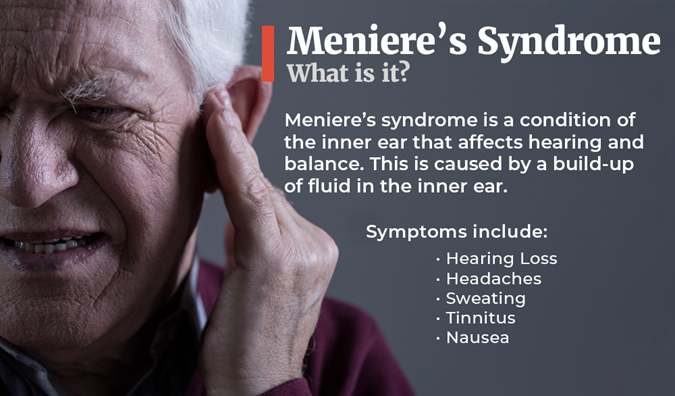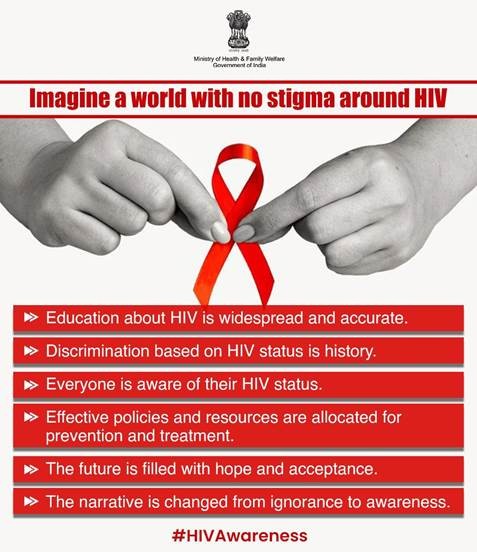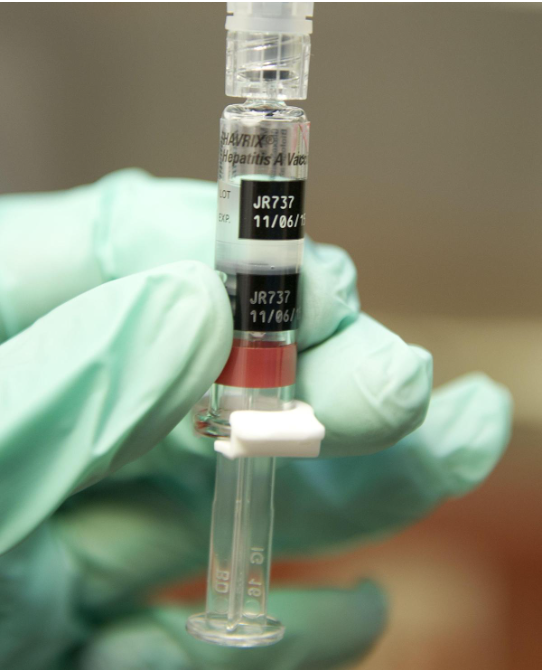





Copyright infringement not intended
Picture Courtesy: www.hillandponton.com
Context: Hong Kong singer Jacky Cheung experienced a collapse on stage due to Meniere's disease. Meniere's disease is a challenging condition to manage, particularly for individuals in professions that require them to be on stage or in situations where sudden bouts of vertigo can be dangerous.
Details
Symptoms
Vertigo
Hearing Issues
Anxiety and Depression
Affected Population
Impact of Meniere's disease on individuals
Cure and Treatment
Summary
|
PRACTICE QUESTION Q. Consider the following statements in the context of the Meniere's Disease: 1. Meniere's disease is a chronic bone disorder. 2. The exact cause of Meniere's disease is not well understood. 3. Meniere's disease typically affects individuals between the ages of 40 and 60 years. 4. There is no cure for Meniere's disease. How many of the above statement is/are correct? A) Only one B) Only two C) Only three D) All four Answer: C Explanation: Statement 1 is incorrect: Meniere's disease is a chronic inner ear disorder characterized by recurrent episodes of vertigo (a spinning sensation), along with symptoms such as hearing loss, tinnitus (ringing in the ears), and a feeling of fullness or pressure in the affected ear. Statement 2 is correct: The exact cause of Meniere's disease is not well understood, but it is thought to be related to abnormal fluid buildup in the inner ear, specifically in the labyrinth, which contains the organs responsible for balance and hearing. Statement 3 is correct: Meniere's disease typically affects individuals between the ages of 40 and 60, although it can develop at any age. Statement 4 is correct: While there is no cure for Meniere's disease, treatment options focus on managing symptoms and improving the individual's quality of life. Treatment may include dietary changes (reducing salt intake), medications to control vertigo and nausea, hearing aids or cochlear implants for hearing loss, and in severe cases, surgical interventions to address fluid buildup. |
https://www.ndtv.com/world-news/what-is-menieres-disease-why-is-it-in-news-explained-4361712






© 2025 iasgyan. All right reserved